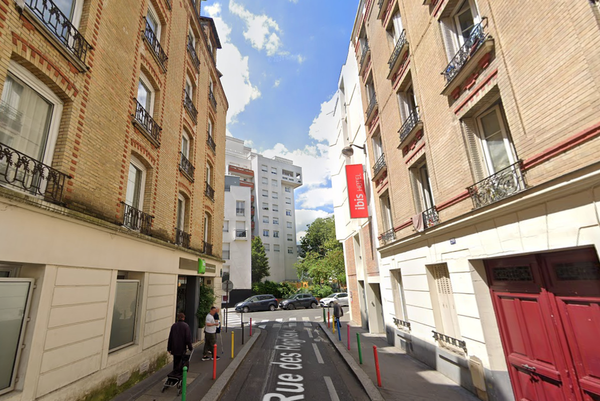
Omicron has breached the political, financial and technology centres of China for the first time, putting pressure on the country’s response to the more transmissible variant as it awaits the Winter Olympics starting in less than three weeks.
China has detected locally-transmitted Omicron infections in the capital Beijing, the financial centre Shanghai, and Guangdong, where the southern technology center of Shenzhen is located, which together account for one-fifth of the country’s gross domestic product. The highly mutated strain has been detected in one out of every five provinces, while 14 of them have reported imported cases.
While still very small in number, the flareups are causing consternation because of their timing, in addition to their location. The Lunar New Year holiday, an event marked by mass travel as millions return home from urban centers to attend large family gatherings, begins in two weeks on Feb 1. The Beijing Winter Olympics are slated to start later that week on Feb 4.
Lasting Impact
The spread of Omicron is adding to an outbreak of the delta strain of Covid-19 that has been simmering in the world’s most populous country for more than a month. At least 166 domestic cases were found across China on Sunday, according to the National Health Commission. The latest epicenter, in the northern city of Tianjin, reported a record high of 80 new daily cases.
Previous outbreaks took place in less economically important areas like the northwestern city of Xi’an and central Henan province. The simultaneous emergence of Omicron in Beijing, Shanghai, and Guangdong are creating bigger hurdles for government officials since aggressive efforts to contain the virus, including lockdown measures, are less feasible in politically and economically crucial areas.
Local governments are ramping up targeted measures as part of the Covid Zero approach. Existing tests can find Omicron, providing reassurance about their ability to help contain outbreaks, officials said at a health commission briefing over the weekend. One of China’s key strategies is mass testing entire city populations multiple times to root out undetected spread.
The policies already in place have undercut private consumption, dampening tourism and restaurant spending over the past two years. The rise in Omicron cases is likely to further curtail travel ahead of the Lunar New Year, with many cities asking people not to travel.
Restraining Consumers
“China’s Zero Covid strategy is still quite a big restraining factor on consumption, and it doesn’t look promising for the first quarter either,” said Liu Peiqian, China economist at NatWest Group Plc. “Retail sales are likely to be sluggish for a while,”
In Beijing, authorities are asking everyone who comes to the city to get an additional Covid-19 test within 72 hours of arrival, starting on Jan 22, after its first Omicron infection was reported on Saturday. They already are required to have a negative test within two days of traveling to the city and a green health code that shows they haven’t been in any known high-risk environments.
The person who contracted the first known Omicron infection in Beijing received international mail, which subsequently tested positive for the virus, said Pang Xinghuo, an official with the city’s health agency, at a briefing. The strain is consistent with virus circulating in North America and Singapore. The city isn’t ruling out the possibility that the patient was infected by mail delivered from overseas, Pang said. All 69 of the person’s close contacts have since tested negative.
Officials previously said they may suspend inbound flights and ticket sales from cities where the virus is circulating.
There is concern that Covid controls which have impacted private consumption will increasingly hurt industry. While factory output in the first quarter is traditionally weaker due to slower exports after Christmas and the Lunar New Year shutdown domestically, additional restrictions on factories, truck drivers or ports could further entangle already congested international supply chains.
In Tianjin, the northern port city that borders Beijing, a sustained outbreak with nearly 300 infections to date seems to be ebbing, a national health official said. The spillover risk is gradually declining as most of the new cases have been detected among people in quarantine, according to He Qinghua, an NHC official.







